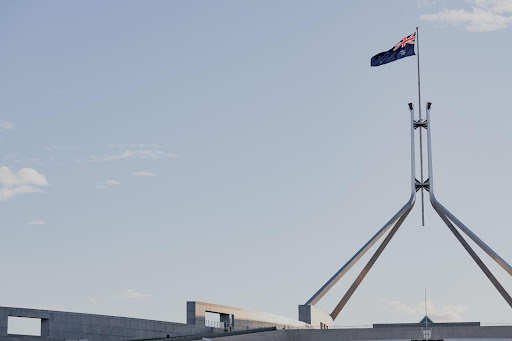Why is Australia Day Celebrated?
Is Australia Day a celebration of colonisation? This is a question that many people ask, and there is no easy answer. The day marks the arrival of the first British settlers in 1788, and for many Australians, it is a day to celebrate their country’s culture and history. However, for Aboriginal people, Australia Day marks a time of great sadness and suffering.
Why is Australia Day celebrated? For many Australians, the day is an opportunity to take part in celebrations that honour the nation’s heritage. Australia Day is a public holiday in all states and territories, and people often take the day off work to attend community events, such as concerts, parades or fireworks displays. Many communities also hold citizenship ceremonies for new immigrants and proudly fly the Australian flag.
What does Australia Day mean to Aboriginal people? For many Aboriginal Australians, the day marks the start of colonisation, which brought dispossession, violence, and deprivation. It has become a reminder of centuries of injustice inflicted on Aboriginal people.
The Aboriginal people of Australia have a long history, stretching back thousands of years before the arrival of Europeans. They recognise this history and use it to guide their culture and connection to the land. The colonisation of Australia, however, resulted in a dramatic change to Aboriginal life, with significant impacts that continue to this day.
For many Aboriginal Australians, the date of 26th January is a painful reminder of the invasion of their land and the subsequent dispossession, violence, and deprivation they experienced. On this day, Australia celebrates colonisation with a public holiday – Australia Day. If you didn’t know this story, it highlights the importance of Australia Day Learning.
Australian History
If you look back, this beautiful country was founded in the modern use of the term on 26th January 1788 when Captain Arthur Phillip, leader of the First Fleet, sailed into Port Jackson with a few hundred convicts. In the centuries that followed, millions of migrants were brought to Australia to help shape a new nation.
For many people, Australia Day marks the start of a new era – the beginning of modern Australia. For others, however, it marks the displacement and marginalisation of Indigenous people who were living in Australia at the time.
Australia Day Learning
It’s easy to erase difficult and uncomfortable parts of our past, but it’s important to remember that Australia Day also marks a time of painful change in the lives of many Indigenous Australians. Rather than simply celebrating Australia’s British colonisation, we must also acknowledge the contributions of all Australians, regardless of their origins.
It’s important that we remember and honour all of Australia’s history on this day, and not just the parts that are easier to celebrate. To help learn about the issue, many schools and organisations take part in Australia Day learning programs. These activities often focus on topics such as Indigenous rights, differences between cultures and beliefs, migrant experiences, and positive ways to celebrate Australia’s national day.
Australia Day is about more than just the past: it’s also a great opportunity to reflect on what kind of nation we want to become in the future. We can take this day as an opportunity to celebrate our progress and resilience, and to continue to work towards creating a more inclusive, diverse and respectful nation.
In the years ahead, the discussion about changing the date will continue. People from different cultural backgrounds and experiences will all have opinions on this, and it can be a great opportunity to discuss the importance of our differences as well as the country as a whole.

